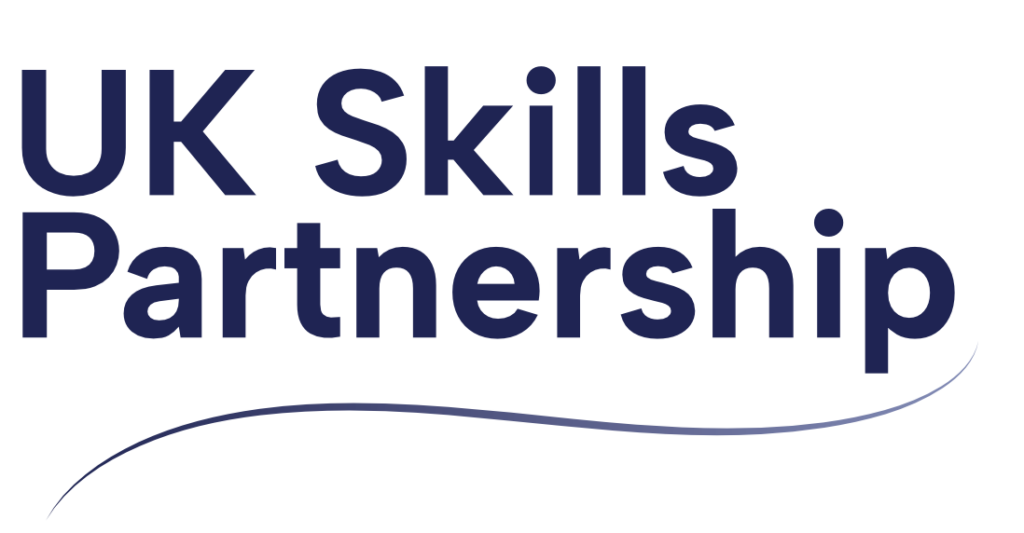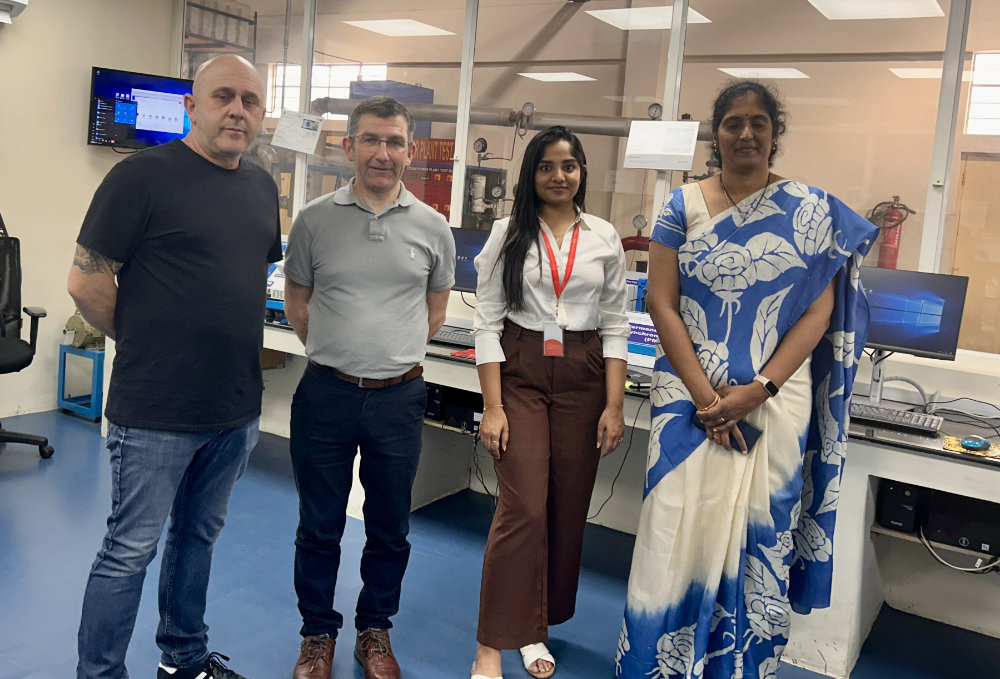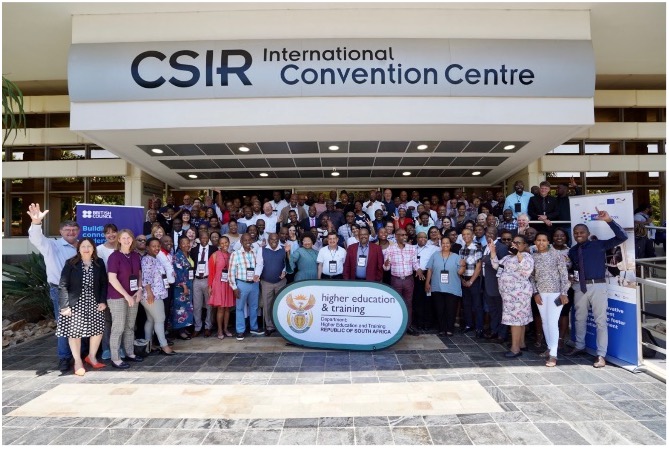
Viet Nam Benchmarking Success
In October and November 2018, as part of the EU-funded VET Toolbox project, four vocational colleges in Vietnam were assessed and benchmarked to UK quality standards by two NI College experts.
The project was designed to inform and support Vietnam’s Vocational Training Development Strategy (2011-2020). The inspection drew on UK guidelines to benchmark the quality of teaching and learning in the four selected colleges to UK standards and assess the robustness of the quality assurance mechanisms in place.
The selected colleges were Can Tho Vocational College, Nha Trang College of Technology, Dalat Vocational College and Thu Duc College of Technology.
Northern Ireland (NI) Colleges is an alliance of six regional Further and Higher Education Colleges, located in Northern Ireland (UK), specialising in Technical and Vocational Education and Training (TVET). Collectively, NI Colleges operate across 40 campuses, resourced by 3,500 professional and technical staff who service some 154,000 annual enrolments. Working alongside a network of 10,000 employers, NI Colleges provides a highly innovative curriculum that ensures learners develop professional and technical skills, increasingly at higher levels, to meet employer needs.
NI Colleges has a successful track record of delivering TVET training and capacity building projects across the globe with 250 international partnerships and over 60 “live” annual projects. It sends 600 students and 220 staff on mobility each year and welcome over 420 visitors to learn, share best practices and explore the cultural aspects of life in Northern Ireland, UK.
The 6 colleges that make up Northern Ireland Colleges are:
The challenge was to support Viet Nam improve the quality of vocational education and encourage them to gain more confidence to develop innovative approaches and sustainable solutions to move towards achieving international quality standards in line with Viet Nam’s vocational education development strategy.
To support the initiative and in response to a request from the Viet Nam Directorate of Vocational Education and Training, the team were tasked with conducting a review based on UK inspection frameworks and approaches and evaluate the quality of teaching and learning operations in four selected Colleges in Vietnam.
Subsequently, key findings and recommendations for improvement were to be presented to an audience of colleges, the Directorate of Vocational Education and Training and the Viet Nam Ministry of Labour, Invalids and Social Affairs.
The British Council invited two UK experts, from Northern Ireland Colleges, to Viet Nam to conduct a light touch inspection of four colleges.
The purpose of the review was to evaluate the quality of College operations in the selected Colleges, assess the robustness of the quality assurance mechanisms in place, identify areas of good practice, identify areas for improvement and provide constructive feedback for further development in accordance with good practice from the UK.
This included providing targeted tools and advice to improve preparation for formal inspections, self-assessments, peer reviews, observations and other relevant Quality Assurance mechanisms. In addition, a self-assessment tool to guide and support Colleges in their quality improvement and quality assurance processes was produced.
The team spent three days in each college meeting with over 300 stakeholders, including principals, heads of departments, faculty leaders and teaching staff.
They visited workplaces to observe and interview students currently studying or taking internships, as well as former graduates in order to assess the effectiveness and impact of the enrolment process, training programmes, employer engagement, and the learners’ journey from admission to graduation.
The visit culminated in a seminar in Dalat, attended by over 140 participants, at which the key findings of the visit were highlighted. A self-assessment tool to help other colleges in Viet Nam and internationally to identify their strengths and areas for improvement was also developed as part of the project.
The colleges gained great benefits from the inspection. TVET practitioners and senior leaders significantly improved their capacity to understand international quality standards and employ proven quality assurance tools to improve their vocational education system. Each college received graded outcomes in four key areas; (1) Effectiveness of leadership and management, (2) Quality of teaching, learning and assessment, (3) Personal development, behaviour and welfare Including safeguarding and (4). Outcomes for learners.
Based on the findings of college inspections, the NI team were able to draw broader conclusions about the status of quality assurance in the Vietnamese college sector. This enabled the project to provide areas for improvement for each colleges, but also more importantly longer-term strategic recommendations that needed to be implemented to enhance provision and strengthen the entire vocational education system in line with the objectives of Viet Nam’s Vocational Training Development Strategy (2011-2020).
According to Dr Do Nang Khanh, Deputy Director General of Department of Vocational Education and Training (DVET), Viet Nam.
“The inspection helps the colleges benchmark their quality to UK standards and improve their self-assessment process in order to raise their quality standards. In particular, recommendations from the UK experts steers the colleges to develop strategies to overcome identified limitations and improve the quality of training, employer engagement and employability opportunities for students after graduation. Vietnam is in the process of building models of employer-led training to enable colleges reach world-class standards, so the results of the inspection based on UK quality standards are extremely valuable”.
To ensure wider exploitation, Northern Ireland Colleges also developed a self-assessment tool to help all colleges in Viet Nam and internationally to identify their strengths and areas for improvement to assure quality.








